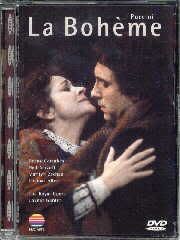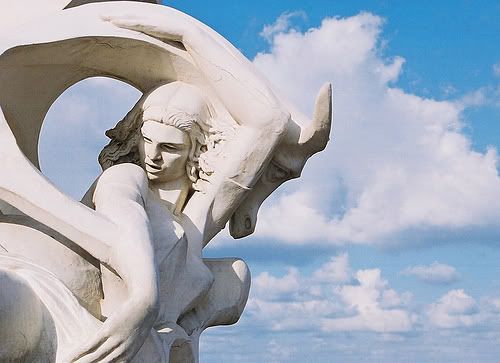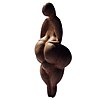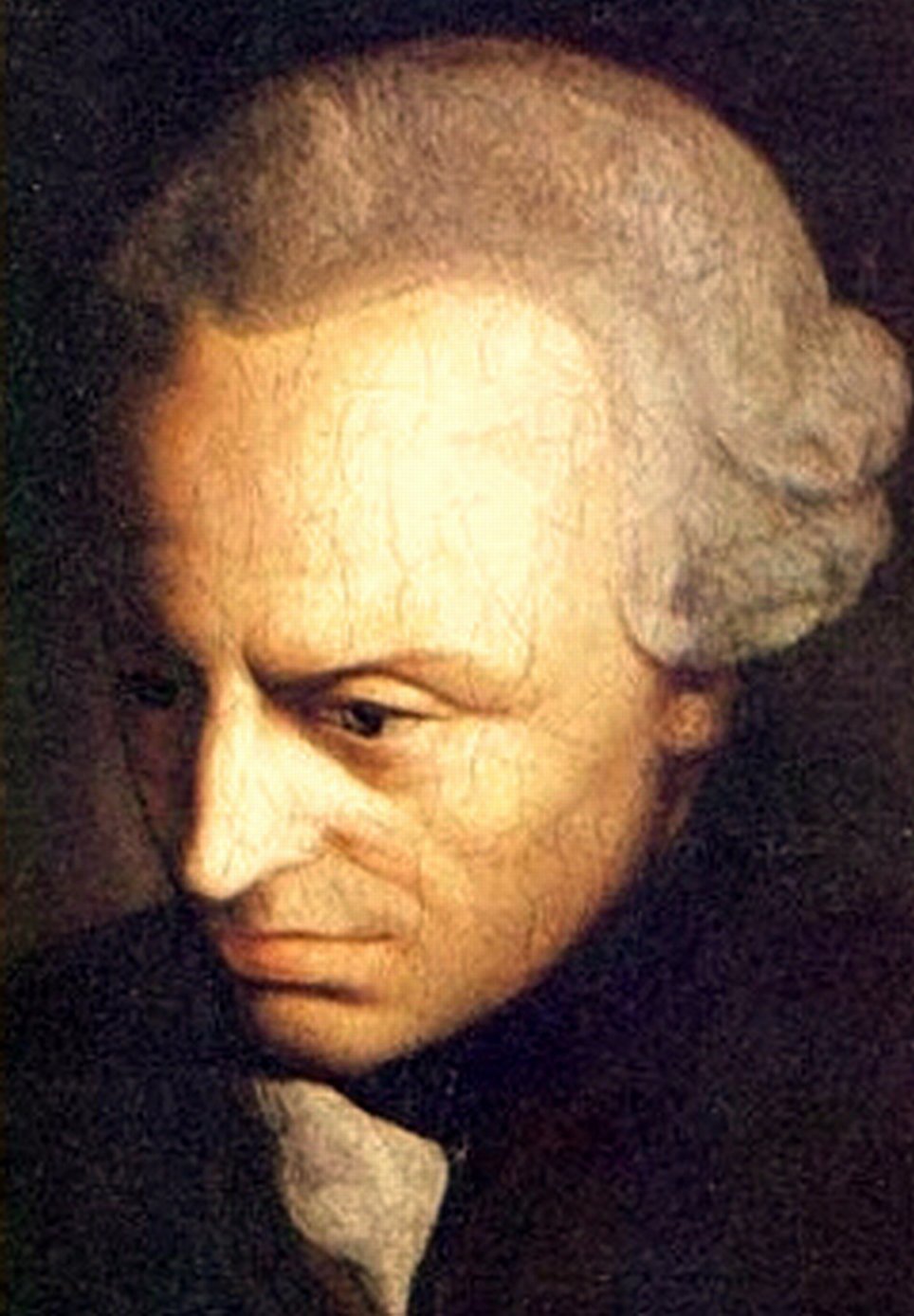I read some interesting articles wanted to share with you 
http://www.alexanderpalace.com/2006rasputin/index.html
 is name was Grigori Efimovich Rasputin and he is one of the most enigmatic men in modern history. Was he a misunderstood holy man with strange powers to heal - or was he a scheming sinner who manipulated the suffering of others?
is name was Grigori Efimovich Rasputin and he is one of the most enigmatic men in modern history. Was he a misunderstood holy man with strange powers to heal - or was he a scheming sinner who manipulated the suffering of others?  Right: The Tsarevich Alexis, he suffered from hemophilia and Rasputin was able to stop his bleeding.
Right: The Tsarevich Alexis, he suffered from hemophilia and Rasputin was able to stop his bleeding.
Rasputin was born in the Tyumen district of Siberia, far away from the glittering salons in the Imperial Capital of St. Petersburg. Even today he is a shadowy and mysterious character; a person of contradictory personality traits. Was he a miracle worker or just a crafty manipulator of the Imperial Family? While he was alive, witnesses, including doctors and skeptics, concluded he possessed some inexplicable power over the Tsarevich and his deadly episodes of bleeding. This mysterious ability to heal her son was enough to convince Alexandra that Rasputin, whatever people said of him, must have been sent by God. In her mind he was he the answer to her fervent prayers for God to save her son. It was impossible for her to believe that he could have been a wolf in sheep's clothing. His influence over politics has been greatly exaggerated. Rasputin was a convenient scapegoat for those who wanted to attack the Tsar's appointments and decisions, but who wouldn't confront Nicholas directly.
Rasputin was a Russian monk who had a vision of the Virgin Mary. As a result he began to wander the country visiting monasteries and religious sects. He preached the best way to get close to God was to sin and then repent. The adulterous monk, (his surname was a derivation of the adjective "rasputny" meaning "loose living"), had remarkable healing abilities. Rasputin adhered himself to the Russian Czar Nicholas and his wife by his healing of the hemophiliac Alexei. He appeared to have the gift of healing their sick son every time he began to hemorrhage. Upset at his increasing influence over the Russian royal family, several Russian nobles poisoned and beat him in the basement of Yusopov Palace then shot him several times. The monk refused to die so finally he was drowned by his enemies in the canals of St Petersburg.
Boney M. was the brainchild of German record producer Frank Farian, and they became one of Eurodisco's most successful acts. The group was composed of four singers all of West Indian origin: Marcia Barrett, Bobby Farrell, Liz Mitchell and Massie Williams. Farian later repeated formula with Milli Vanilli and Far Corporation. Their double sided single "Rivers Of Babylon/Brown Girl in The Ring" is one of only 5 singles to have sold over 2 million copies in the UK and is the biggest selling record by a black act there
Rasputin - Boney M Lyrics
There lived a certain man in Russia long ago
He was big and strong, in his eyes a flaming glow
Most people looked at him with terror and with fear
But to Moscow chicks he was such a lovely dear
He could preach the bible like a preacher
Full of ecstacy and fire
But he also was the kind of teacher
Women would desire
RA RA RASPUTIN
Lover of the Russian queen
There was a cat that really was gone
RA RA RASPUTIN
Russia's greatest love machine
It was a shame how he carried on
He ruled the Russian land and never mind the czar
But the kasachok he danced really wunderbar
In all affairs of state he was the man to please
But he was real great when he had a girl to squeeze
For the queen he was no wheeler dealer
Though she'd heard the things he'd done
She believed he was a holy healer
Who would heal her son
(Spoken:)
But when his drinking and lusting and his hunger
for power became known to more and more people,
the demands to do something about this outrageous
man became louder and louder.
"This man's just got to go!" declared his enemies
But the ladies begged "Don't you try to do it, please"
No doubt this Rasputin had lots of hidden charms
Though he was a brute they just fell into his arms
Then one night some men of higher standing
Set a trap, they're not to blame
"Come to visit us" they kept demanding
And he really came
RA RA RASPUTIN
Lover of the Russian queen
They put some poison into his wine
RA RA RASPUTIN
Russia's greatest love machine
He drank it all and he said "I feel fine"
RA RA RASPUTIN
Lover of the Russian queen
They didn't quit, they wanted his head
RA RA RASPUTIN
Russia's greatest love machine
And so they shot him till he was dead
(Spoken:) Oh, those Russians...



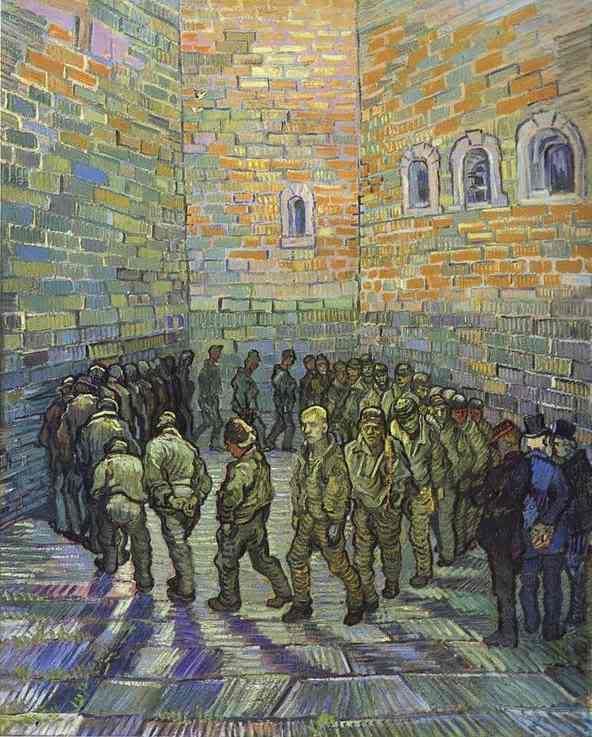

 is name was Grigori Efimovich Rasputin and he is one of the most enigmatic men in modern history. Was he a misunderstood holy man with strange powers to heal - or was he a scheming sinner who manipulated the suffering of others?
is name was Grigori Efimovich Rasputin and he is one of the most enigmatic men in modern history. Was he a misunderstood holy man with strange powers to heal - or was he a scheming sinner who manipulated the suffering of others?  Right: The Tsarevich Alexis, he suffered from hemophilia and Rasputin was able to stop his bleeding.
Right: The Tsarevich Alexis, he suffered from hemophilia and Rasputin was able to stop his bleeding.













